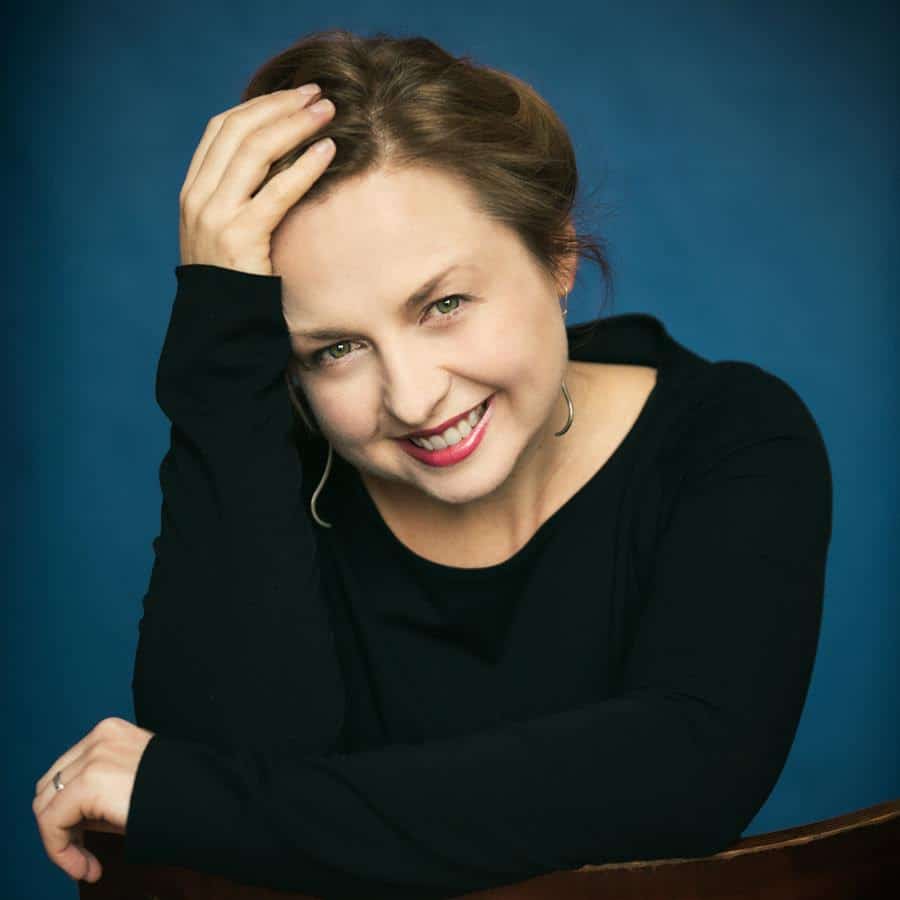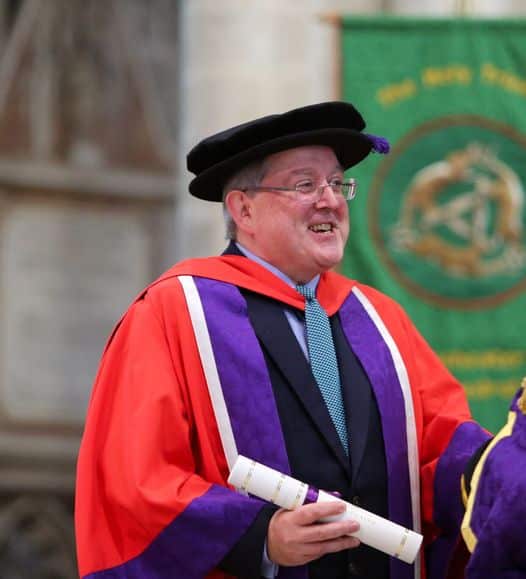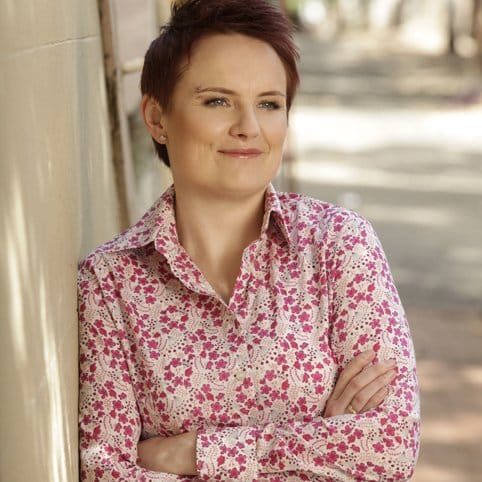Major leak: What the BBC really plans for its orchestras
NewsWhat follows are extracts from an official document that was circulated internally three weeks ago.
This was the outline of BBC policy last month before the public outcry, but the thinking remains a true reflection of where Simon Webb, director of orchestras, is leading the conversation.
Here are the document headlines:
Close the BBC Singers, investing instead in choral partnerships and commissions across the UK.
Create a single pool of musicians from the Concert and Symphony Orchestras.
Reduce the core-salary base of the BBC Philharmonic, creating … a world-leading talent development programme in partnership with the Royal Northern College of Music (RNCM).
A new Head of Content will lead on all digital, learning and performance planning across the orchestras. A new Business Lead position is expected to be based at Eastbank.
The Manchester strategem seems particularly flimsy and has outraged a number of musicians. It is worth noting that Simon Webb is a Governor of the RNCM, which has never previously felt the need to pay the BBC Philharmonic to help with ‘talent development’.
For the record, the BBC has publicly denied that it intends to merge (or ‘pool’) the BBC Symphony and Concert orchestras.
UPDATE: Musicians lose faith in the BBC






I guess we’re all bored of asking this question, but what’s the point in a ‘world leading talent developing programme’ if you’re part of the move destroying the industry you’ve developed talent for?
bored WITH
Both are in fact correct. Thanks though.
Bore off Robin.
Next time try to post your messages in German or French, we ll be delighted to underline your mistakes, if any….
I thought RNCM had already a partnership with Halle Orchestra for ages. The sad think is that I remember how strong a champion the BBC Philharmonic was for 20th century music in 1990s. They used to have whole seasons where you could hardly find anything pre-1900. And it worked. They were making the music of the first half of the century the standard repertoire.
Back to the point. The really sad thing is that the pandemic proved that the safety of BBC contracts for musicians was the right way to go. The very commercial business model of other British orchestras proved to be very dangerous. We should have more of the BBC style contracts and not less. And definitely more arts education. The introduction of AI technology means that we need to teach our kids more soft skills than ever.
Corect re. Hallé
You did very well with your association with the LSO. Their style of “contract” meant the musicians were looked after during the pandemic, unlike the other three London orchestras.
https://www.bbc.co.uk/sounds/play/m001kh43 worth a listen.
Relevant segment runs from 10m40 to 19m25.
Paul Hughes’ contribution from 12m14 to 18m52 especially.
Paul Hughes extols Alan Davey, who shrugged off responsibility for the orchestras – along with all other unpleasantness – and left them to be chopped.
“Why would you not just figure how many orchestras can you afford to run and really do it properly?”
Judging by this leak, it looks like they think they can run about one and a half BBC orchestras in England. It seems like Paul Hughes knows what they are thinking.
Paul Hughes comments sound more than hollow to me. As a suit who was part of the BBC establishment for decades, he was in a better position to influence and bring some sort of sanity to deliberations about the future of the Corporation’s music than most. Now he criticizes his former colleagues. A bit late in my view!
The writing was on the wall for the orchestras as soon as the BBC proposed the 20% cuts to each orchestra. It’s ‘orchesterfusion’, as seen in German radio orchestras. A political device to achieve cuts while minimising protests.
Look at the reaction to ‘BBC Singers to be closed down’ compared to the reaction to orchestra cuts. They’re just as catastrophic (this SD article suggests we’ll lose at least one orchestra if not two). If the headlines had read ‘BBC to slash orchestras’ the world would have reacted similarly to Singers cuts and maybe they could have been staved off.
It all looks very grim to me – private funding for Singers and no reversal to orchestra cuts. I’ve heard that orchestras proposed using current vacancies to find redundancy positions but were told they couldn’t be counted. BBC Symph already has 23 vacancies and have to find 23 redundancies.
You can’t run any orchestra like that, let alone one recognised internationally as a respected ensemble.
As for the Concert Orchestra, look at their work on Oscar winning The Boy, The Mole, The Fox and The Horse, or their soundtrack to Wild Isle. All of it stunning, distinct to the talents and output of Symphony and Philharmonic.
Once it’s gone, it won’t come back. Don’t fool us it’s for the better, BBC; it’s for falling in line with an agenda to make cuts, regardless of the cultural losses incurred.
Ain’t Brexit grand? “Let’s all be poorer together,” while Conservatives ride the lies to the top of the polls.
A remarkable display of self-immolation. And the worst is yet to come when the cuts hit public services that the public cares about, like the NHS.
It has been clear for years that the BBC is moving in this direction.
Brexit has nothing to do with it.
Perhaps true that this was planned for years, but don’t kid yourself that Brexit has nothing to do with it. The resulting shrinkage in the economy can only result in cuts, cuts, cuts, and more cuts.
Right wing lies have consequences.
Not just “right wing” lies. Brexit was supported by the most left wing Labour leadership in living memory, while the Conservative government campaigned to Remain. That campaign contained a few distortions of the truth too – remember how Brexit was going to cause World War 3? The electorate looked at two sets of untruths and chose the one that seemed more optimistic. Get over it. The economic impact of the pandemic made Brexit look like a flea-bite and the current state of the BBC stems from that, if anything – as well as an institutionalised hostility to “elite” high art.
“Reduce the core-salary base of the BBC Philharmonic, creating … a world-leading talent development programme in partnership with the Royal Northern College of Music”
Sounds familiar – reminds me of ACE’s approach to ENO. Cut the cost and try to sell the idea as something positive which is, in fact, total insincere.
The problem with the monolithic BBC is its management is top heavy and unaccountable with suits, it is a classic example of an organisation comprising of too many wee Chiefs and not enough actual staff to deliver its core function of inform, educate and entertain. In its current form it is unable to do any of these things which Lord Reith established.
The NHS has the very same problem, see recent Letters in Private Eye.
It begs the question, “what is the BBC for in the age of Netflix and other streaming outlets?”. It’s nature documentaries and many of its dramas are world class, excepting the current “Great Expectations”. Presumably part of its role should be nurture artistic talent that enables the United Kingdom to be a world leader in the Arts and by providing these symphony orchestras it gives new generation artists the opportunity to play with these ensembes and so develop their talent.
So how does cutting back on this justify a license fee. There are plenty of other radio stations out there.
By contrast Classic FM partners with the London Symphony Orchestra, the Royal Scottish National Orchestra, the Philharmonia, the Bournemouth Symphony Orchestra, the Royal Liverpool Philharmonic Orchestra, the Associated Board of the Royal School of Music, the City of Birmingham Symphony Orchestra, the Los Angeles Philarmonic Orchestra (Classic FM’s Orchestra in America), Opera North, the Royal Northern Sinfonia, the National Children’s Orchestra and the National Youth Orchestra.
https://www.classicfm.com/about-classic-fm/partners/
Classic FM obviously feels orchestras are imprtant.
“Partners” is very loose term it is not paying their salaries!
Shame they keep playing the same old.
I’m sure the BBC would love to partner in the way ClassicFM does: Classic pay nothing towards those orchestras salaries or costs, and expect broadcast material to be delivered at no cost. In return, a free on-air namecheck and maybe a trailer. It can be great for the orchestras involved, but it’s not the same as spending £20m+ on musicians as the BBC does.
The race to the bottom is now in free fall…
Your punctuation is suspicious.
I heard there’s a constitutional reason why the BBC don’t use their orchestras to record more theme and incidental music for BBC TV and radio programmes. It may not be the reason superb musicians joined these orchestras. But if the cuts can’t be averted and a change in this situation would enable the orchestras to record more of those things, thus making them financially cost-effective for the BBC, perhaps it should be considered.
I’ve heard this too but it could well be wrong. An agreement from a number of years ago where the BBC wouldn’t have a monopoly on recorded TV and film music by salaried musicians, doing it ‘on the cheap’ and undercutting other musicians
Is anybody going to mention the clear conflict of interest that Mr Webb has in this position? He sits on the Board of Governors at the RNCM (and is a Member of the Finance Committee according to their website) and proposes to spend licence fee money on furthering the interests of the RNCM and their students. Crucially, in times of hardship for the BBC, it isn’t clear how these “world leading” proposals would benefit the licence fee payer.
For years the BBCPO (under Mr Webb’s leadership, if you can call it that…) has been developing their relationship with the RNCM through conducting workshops/masterclasses but this seems to go one step further and sets a dangerous precedent.
The RNCM have notably not openly condemned Mr Webb’s proposed decimation of classical music in the BBC aside from a joint letter by Conservatoires UK.
Dare we also mention that the aforementioned individual also has a daughter who is (supposedly) soon to study at the RNCM as an undergraduate?
Mr Webb is unfit to remain impartial. If he was Gary Lineker he’d be taken off air…
The euphemisms in this document are worthy of Victor Klemperer’s book, LTI. In other words: treat professional musicians like cattle, exploit aspiring musicians (in fact, students) while presenting it as a “partnership” with a major music school, and of course, most importantly, save as much money as possible. To do this, put in charge a soulless and artistically challenged administrator who will treat these issues from a purely managerial, technocratic perspective. An ability to spout empty rhetoric in an articulate and elegant manner is required for this position, as are callousness and lack of empathy.
Orchestras are there to service the office. How I have been so blind!
One of the things I find increasingly absurd are the number of arts organizations and broadcasting channels that have a Content Creator or even Chief Content Creator, especially when these individuals are not actively creating much in the way of content themselves. If the BBC has a Director of Music, why does it have the need for a Chief Content Creator? When the former BBC employee Eric Blair/George Orwell came up with “doublespeak”, he was clearly drawing on personal experience.
I don’t understand how you can make, say, 23 redundancies in an orchestra (for the sake of an example, assume this is all cellos and violas). In a redundancy, the role becomes redundant (not the person themselves). How can you then contract 23 freelancers to fill those positions, since they no longer exist?
…… sacking the world class dedicated performers ….. and creating two new senior management posts at a new tier, to do Simon Webb’s job for him. Total disgrace — as is the continued underuse of halls at South Bank Centre and their trendy inadequate programme there while much traditional “western” classical music is banned from their diary. BBC and SBC are PUBLIC assets paid for by US and where is the Government to shake all this up?
Banned? Says whom? Show me an internal memo that banned Beethoven from SBC, I bet you’d be hard pressed to find one.
I suspect the BBC currently views the BBCSO as surplus to requirements due to the number of other symphony orchestras in London and the fact that the BBC has an obligation to produce programming in other areas of the UK – which the BBCPO, BBCNOW and BBCSSO are able to do. Why they built a new concert hall, or the talks of relocating the BBCCO are of course, now a mystery…
Well, it seems my recent ‘tongue-in-cheek’ comment about one orchestra working itself into the ground by dashing up and down the country was, sadly, not so fanciful after all. The RNCM is, thankfully, sticking to its principles and having nothing to do with the BBC’s plans. Will the Corporation learn? I hope so but, unfortunately, probably will not.
A concerted effort is needed to pin the BBC down about its longer term plans for classical music in the UK. There seems to be a growing suspicion, not totally unfounded, that the BBC is hoping to rid itself of this embarrassing, Eurocentric millstone one choir or orchestral section at a time in the hope that nobody will notice. Are the Proms a long term target, to be watered down year after year?
Unfortunately for the BBC, people have noticed and they don’t know how to handle it. A bit like ACE. Openness and clear English would be a good place to start.
As Helen points out, above, where the new studio at East Bank fits in is anybody’s guess. They already have a similar facility in Salford.